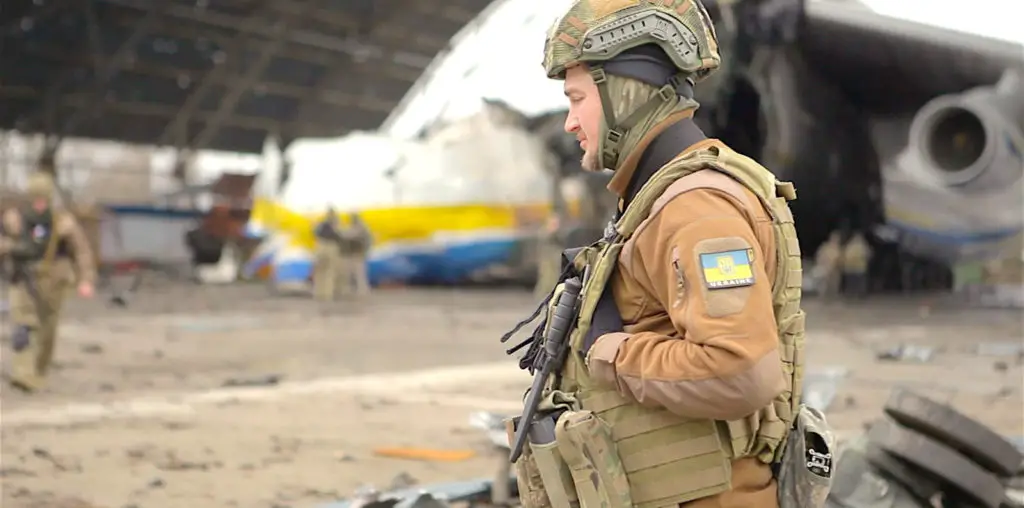
The American horror film has been on a steady, relentless decline since the 1980s. And while even that era of cookie cutter slasher flicks yielded a few gems (“The Thing,” “Re-Animator,” “Evil Dead 2”), we’ve seen little in recent decades aside from yawn-worthy gorefests and desultory knock-offs of older – and still mediocre – horror flicks (“When A Stranger Calls,” “The Fog”). Hell, one of the better efforts from last year (and that’s not saying much), “The Mist,” was written over 25 years ago.
Of course, one can’t discuss millennial American horror without mentioning the attendant deluge of Asian horror remakes. Confident that the majority of American audiences can’t be troubled to update their Netflix queues to check out the originals, studios continue to produce do-overs of previously released horror pics, many of which are Japanese in origin. I mentioned in a previous review of one of these (“The Grudge,” I think) that the place itself must not be very hospitable, since movies about rampaging dinosaurs and evil ghost children comprise much of the country’s non-Kurosawa cinematic output.
The latest of these to get the gaijin makeover is “One Missed Call.” It’s a typically dreary revision, this time of the 2003 Takashi Miike film “Chakushin ari,” about a group of people receiving cell phone messages giving them the date, time, and uncomfortable vocal accompaniment of their impending death. Shannyn Sossamon plays Beth, who’s already seen two of her friends bite it and knows each death was accurately predicted by the evil voice mails. The police are no help, except for Detective Jack Andrews (Edward Burns) who has a personal link to the girls’ deaths. Can the two solve the mystery of the deadly calls before Beth’s number is up? Or will the audience finally succumb to boredom after sitting through yet another sub-par J-horror regurgitation about technology used for dark purposes? And doesn’t all of this have a familiar “Ringu” to it?
The original movie “One Missed Call” is based on was pretty tame, at least by Miike standards. And since it appears studios have no intention of halting this flood of abysmal rehashes, allow me to suggest that they at least have the stones not to pussyfoot around and give us a remake worthy of Hollywood, of America, and of an audience that lacks the willpower to stop buying tickets to half-assed crap. Here are some candidates:
“Fires on the Plain” (1962, D: Kon Ichikawa) – Ichikawa perfectly captures the nightmarish final days of the Japanese occupation on the island of Leyte at the end of World War II. This story of three dying soldiers seeking medical help in this ruined landscape is not an indictment of either side in the conflict, but rather an illustration of the futility of war. I’m seeing…wait for it…a reunion of “Pearl Harbor’s” Ben Affleck and Josh Hartnett as two of the soldiers, and who’s that as the tubercular protagonist? Why, young Matt Damon, of course. Clint Eastwood could direct. He’s milked the Japanese WWII angle before.
“Onibaba” (1964, D: Kaneto Shindô) – There are plenty of demons in other Japanese works of art, but the only monsters in “Onibaba” are human. The story is set in the medieval period, where a woman and her daughter-in-law lure soldiers to their death in order to sell their weapons for rice. When a neighbor returns and enters into a liaison with the girl, the consequences are…predictable, but still unsettling. Shindô cannily illustrates the capacity for evil in all of us, which is why we’ll let Tim Burton direct the new version, with Johnny Depp as the neighbor, and Helena Bonham Carter as both the mother and the daughter-in-law. It’s not like Burton ever wants to cast anyone else, after all.
“Tetsuo: The Iron Man” (1989, D: Shinya Tsukamoto) – More Cronenberg than Cronenberg, Tsukamoto’s metal-into-flesh toes the line of between dream and reality. Is it a dream? Cyborg fantasy? Viral infection? Whatever the case, it’s both starkly beautiful and apocalyptic. I doubt many people would be up for that, however, which is why we’d cast the robotic Keanu Reeves in the starring role. Fellow automaton Scarlett Johansson could play his doomed(?) girlfriend, directed by Ron Howard.
“Stacy” (2001, D: Naoyuki Tomomatsu) – Foreshadowing “Children of Men,” Tomomatsu’s Stacy posits a near future where every teenage girl falls victim to a disease that sends them into a state of Near Death Happiness (NDH) before turning them into flesh-eating zombies. Worse, these “Stacys” can’t simply be stopped by a bullet in the head, but must be “repeat killed” (by the appropriately named crack Romero Troops). Set this to an annoyingly hip alternative music soundtrack and amp up the already hefty pop culture quotient, and I think we have the next project for indie darling Ellen Page.
“Visitor Q” (2001, D: Takashi Miike) – The fact that “One Missed Call” is a Miike film is probably little more than coincidence, as I doubt director Eric Valette immersed himself too thoroughly in the director’s other works. And why not? If you’re going to remake Miike, don’t pick one of his weaker genre efforts…go balls out. Get Fred Thompson and his wife to portray the inappropriately affectionate father and daughter, Robin Williams could play a “wacky,” Mork-like Visitor, and Monica Bellucci would fulfill all the promise she showed in “Shoot ‘Em Up” by wowing us as the lactating mommy.
Will any of these remakes ever see the light of day? I can’t really say, but in a world where serious discussions have taken place about filming an “updated” “Casablanca” and long dead actors are resurrected to make appearances quite literally from beyond the grave, I wouldn’t rule anything out. For now, try to come to grips with the realization that – bad as it is – “One Missed Call” is far from the worst we’re going to see.
